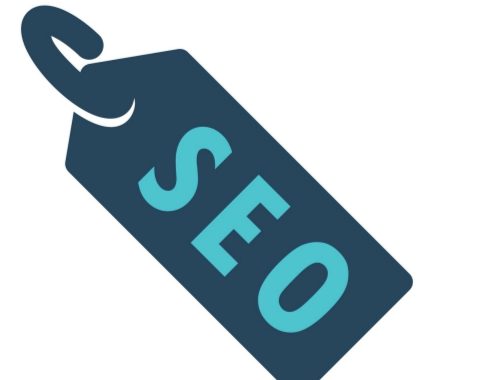
5 Ways to Achieve More Success with Your SEO Efforts
Do you want to see your website succeed at SEO? Well who doesn’t? Every business wants their website to be visible on the first page of Google. Unfortunately, it is easier said than done. Google uses more than 200 ranking factors to rank websites and you should know them in order to succeed with their SEO efforts. With millions of people using search engines like Google, it is critical that you optimize your website for search engines.
Here are five ways to get the best out of your SEO efforts and stay one step ahead of your competitors.
1. Keyword Research
Your prospects are using words to search for information on search engines, which might differ from your keywords, which is why you are not getting the results from your SEO efforts. It all starts with keyword research. Keyword research lays the foundation of your SEO efforts. You need to understand the pattern your prospects are using when they are searching for information on search engines and choose keywords accordingly. Take advantage of tools like Google AdWords to know what people are searching online in your business niche.
Choose keywords that are as specific as possible to reach your target audience. This will only happen when you use long-tail keywords. When doing your keyword research look into things like competition, search volume and other aspects so that you might not end up choosing a keyword that has a low search volume, or a keyword many players are competing to rank for. If done right, keyword research can result in the generation of continuous web traffic to your website.
2. Produce Original and Relevant Content
Once you are done with your keyword research, it is time to create content around your selected keywords. Produce content that delivers value to your customers; educate them about your product and services. Content should be original, relevant and persuasive, which not only solves users’ problems but also tells them which action to take next. This is how you can convert your readers into paying customers, which is important for your business growth.
Keep it short and concise and use simple language to get your message across to your readers. Grab the attention of the readers with a catchy headline. Maintain their interest by telling a story. Conclude by summing up your content and telling readers where to go from here. Use keywords in the right places so it does not look keyword heavy. With search engines becoming more intelligent with each passing day, you need to be extra cautious about frequency and placement of keywords in your content.
3. Reduce Page Load Time
Did you know that page speed is one of the 200 ranking factors Google uses to index web pages? Despite this, it is one of the most ignored aspects of website optimization. According to Amazon’s calculations, one-second decrease in page load speed can cost 1.6 billion dollars in terms of lost sales per year. Google measures the website speed and if it is slower, it will crawl less pages on your website. As a result, your website will be pushed down the search rankings. In addition to this, the impact slow page-load times have on user experience is huge.
According to numerous studies, 40% of users will abandon your website if it fails to load in three seconds. Slower page-load times can contribute towards lower conversions and higher bounce rate. Optimize your code and images, improve server response time and reduce redirect to minimize the page load times. Take advantage of website compression and browser caching to make your website load quickly. Get rid of excess baggage and make your website nimble so it can load almost instantaneously.
4. Create a Strategy for Internal Linking and Site Navigation
Website navigation and internal linking are two aspects search engine crawlers look at closely, therefore, you should use them cleverly to your advantage to maximize the impact of your search engine efforts. Remember the more often a page is linked to your website the better it is for your search rankings.
Do a comprehensive audit of your website navigation and internal linking structure with tools such as SiteLiner and Screaming Frog. It will reveal pages which are not relevant to your website. Add a nofollow code and noindex code to tell search engines not to index those pages and divert it towards pages that are more important.
5. Earn Links Naturally
Don’t get me wrong, the quantity and quality of links have a massive impact on your website rankings on search engines. That is why most businesses buy links but they did not know that Google’s webmaster guidelines advises you against it. As a result, they end up paying a heavy price for it. With smarter search algorithms, search engines can easily detect any link that you have sold or purchased. Instead of buying links, it is better to build them naturally. Guest post on other relevant and authoritative websites and use other tactics to slowly grow your backlinks.
Author Bio:
Irfan Ahmed Khan is a brand strategist, digital marketing expert and blogger. He has served many brands with his digital expertise. Currently, he’s associated with Branex, an SEO company in Canada.



